Azerbaijan at centre of Europe’s strategic calculations Outcomes of the 6th EPC Summit
Before delving into the specific details that emerged during the 6th Summit of the European Political Community (EPC) held the day before in Tirana, particularly as they relate to Azerbaijan, it is worth highlighting several important nuances that preceded some of the geopolitical subtleties we have observed.
On April 10, 2025, during his speech at the international forum hosted by ADA University, President of Azerbaijan Ilham Aliyev stated: “We know the problems of the European energy security. Despite the fact that now they think they are on the safe side, we know the demands of the industry. We know the demands even in green energy ... So, the European Commission should take off its glasses, look at the world from a realistic point of view, and appreciate countries like Azerbaijan, rather than trying to divide the Caucasus into their favorites and those they don't like. They should behave as good partners. We are ready for that.”
Just two weeks later, during a meeting with the head of state, the High Representative of the European Union for Foreign Affairs and Security Policy and Vice-President of the European Commission (EC), Kaja Kallas, emphasised the high value the EU places on its relations with Baku and its interest in further developing them — particularly in the energy sector. She referred to Azerbaijan as a reliable partner in ensuring Europe’s energy security. Kallas went on to underscore the importance of the country in the context of transport connectivity, noting that Azerbaijan is a very important regional state located in a strategically significant geopolitical area.
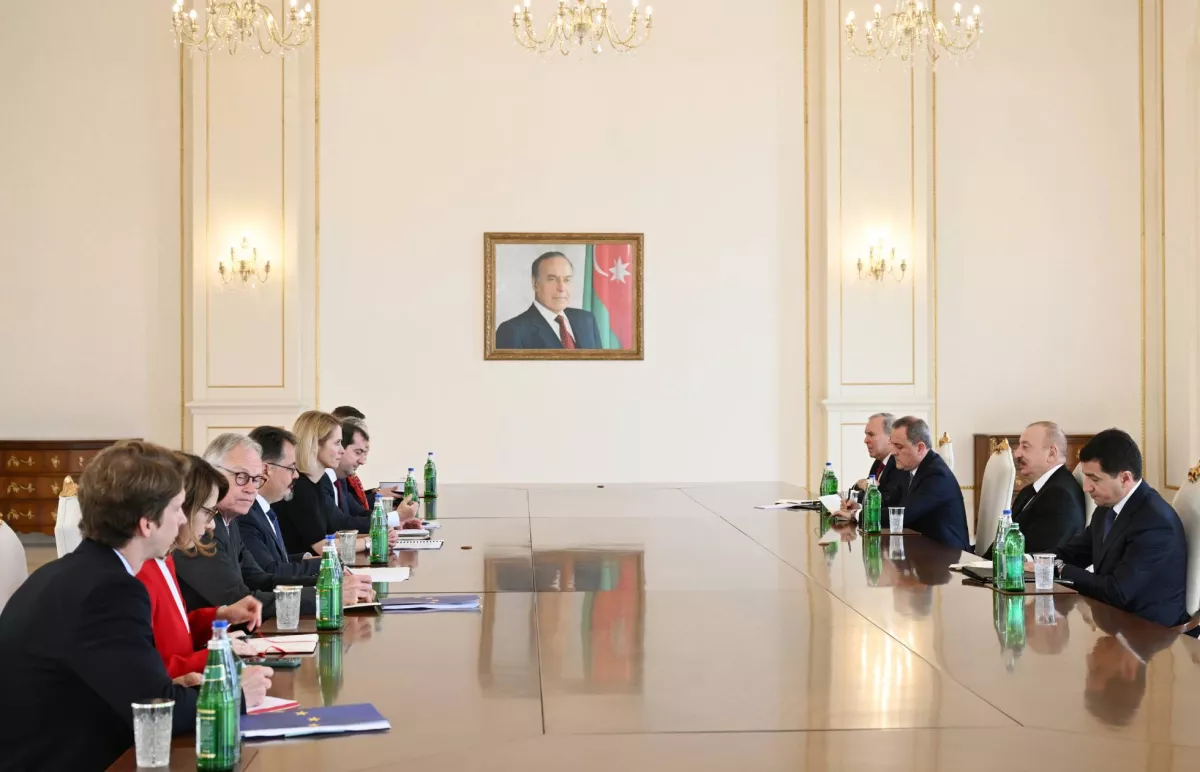
And so, on 16 May, during the EPC summit, it was the President of the European Commission, Ursula von der Leyen, who—together with the President of the European Council, António Costa—held a meeting with Ilham Aliyev. Describing Azerbaijan as an important and reliable partner of the European Union, she praised Baku’s support during Europe’s times of energy crisis. It appears that, having heeded the Azerbaijani President’s remarks in April, EU leaders have taken off their rose-tinted glasses, and a more sober, pragmatic view has returned to the forefront in Brussels, setting aside the approach of the previous, so to speak, EU administration.
It was therefore no coincidence that, at this meeting in Tirana, Azerbaijan’s ties with Central Asian countries and Baku’s pivotal role in the Middle Corridor were also brought to the fore. In this context, the head of state highlighted the investments made in the country’s transport infrastructure, developed to support the Trans-Caspian transport route—especially in view of the increasing volume of cargo traffic along this corridor.
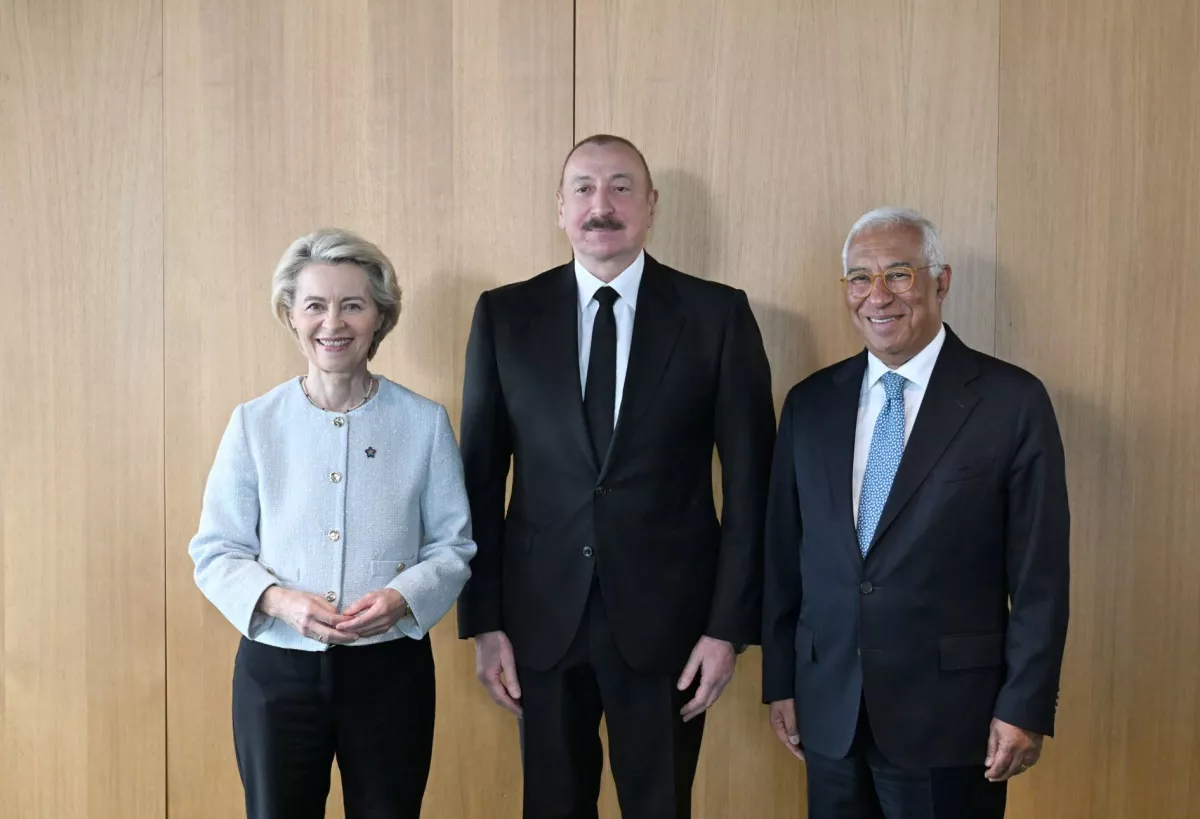
Naturally, among the issues discussed was the implementation of the Agreement on Strategic Partnership for the transmission of renewable energy from Central Asia across the Caspian Sea, as well as projects for laying an electric cable along the seabed of the Black Sea to export renewable energy resources. In parallel, the conversation also touched upon the potential for broader utilisation of the Southern Gas Corridor (SGC).
Moreover, the evolving situation along this vector can be examined even more deeply. In harmony with President Ilham Aliyev’s discussions with top EU officials in Tirana, the Delegation of the European Union to Azerbaijan held an official reception in Baku to mark Europe Day. During the event, EU Ambassador to Azerbaijan Peter Michalko expressed satisfaction with the strengthening of ties and the elevation of EU-Azerbaijan relations to the level of a respected partnership.
This development echoed the Azerbaijani leader’s remarks made back in 2022 during a meeting with a group of MEPs, when he stated that despite attempts by some members of parliament to isolate Europe from Azerbaijan and Azerbaijan from Europe, this is impossible.
But there was something else particularly interesting in relation to the South Caucasus, stemming from the meetings held in Tirana between EU leaders and regional counterparts. This, of course, concerns the rather telling focus of the conversation between Mr Costa and Ms von der Leyen and Armenian Prime Minister Nikol Pashinyan. But why is this noteworthy? That’s precisely where the intrigue lies.
Yes, Armenian media outlets eagerly highlighted Brussels’ reaffirmation of support for Armenia’s “democratic progress,” the characterisation of the adoption of a law launching Armenia’s EU accession process as an “important step,” and the emphasis by EU leaders on the relevance of “bilateral acceleration of the visa liberalisation process.” However, immediately after this, while expressing support for the much-repeated so-called “Crossroads of Peace” project, both Costa and von der Leyen “stressed the importance of unblocking regional transport routes.”
One might ask: could this call—at least when read between the lines—be interpreted as tacit support for the opening of the Zangezur Corridor? Some may disagree with such an interpretation, but what if we dig a little deeper? Could this be the reason why Pashinyan’s presence in the Albanian capital was marked by a downcast demeanour, a lack of smiles, and a generally defeated attitude?
What adds to this impression is the fact that French President Emmanuel Macron personally approached President Ilham Aliyev. Not only did he approach him, but he also made an effort to outwardly display warmth and goodwill. And as for where Pashinyan was at that very moment—well, it seems everyone saw that too.
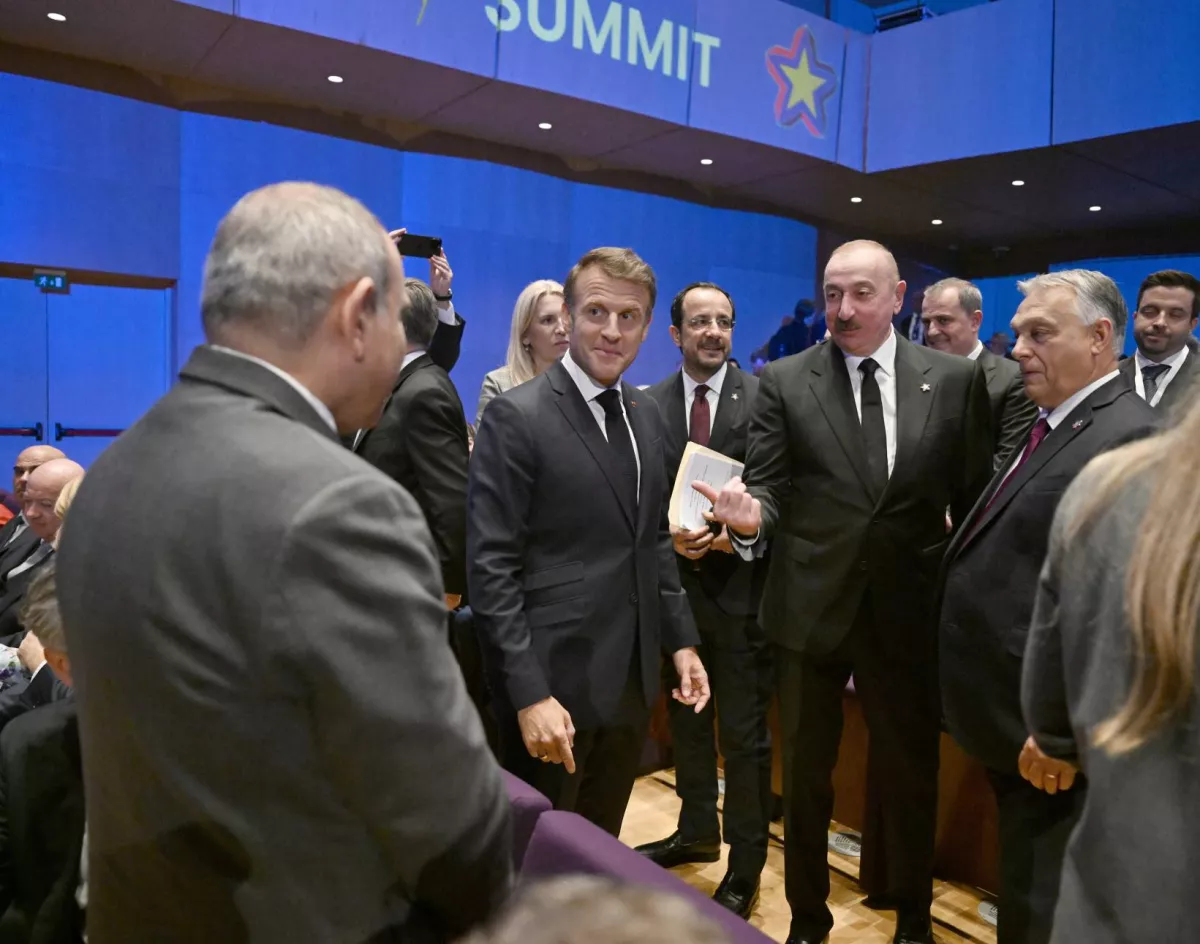
Against this backdrop, Azerbaijan once again demonstrated its geopolitical weight. The presidents and prime ministers of the United Kingdom, the Czech Republic, Slovakia, Albania, Hungary, and the previously mentioned Kaja Kallas all expressed interest in meeting with the President of Azerbaijan.
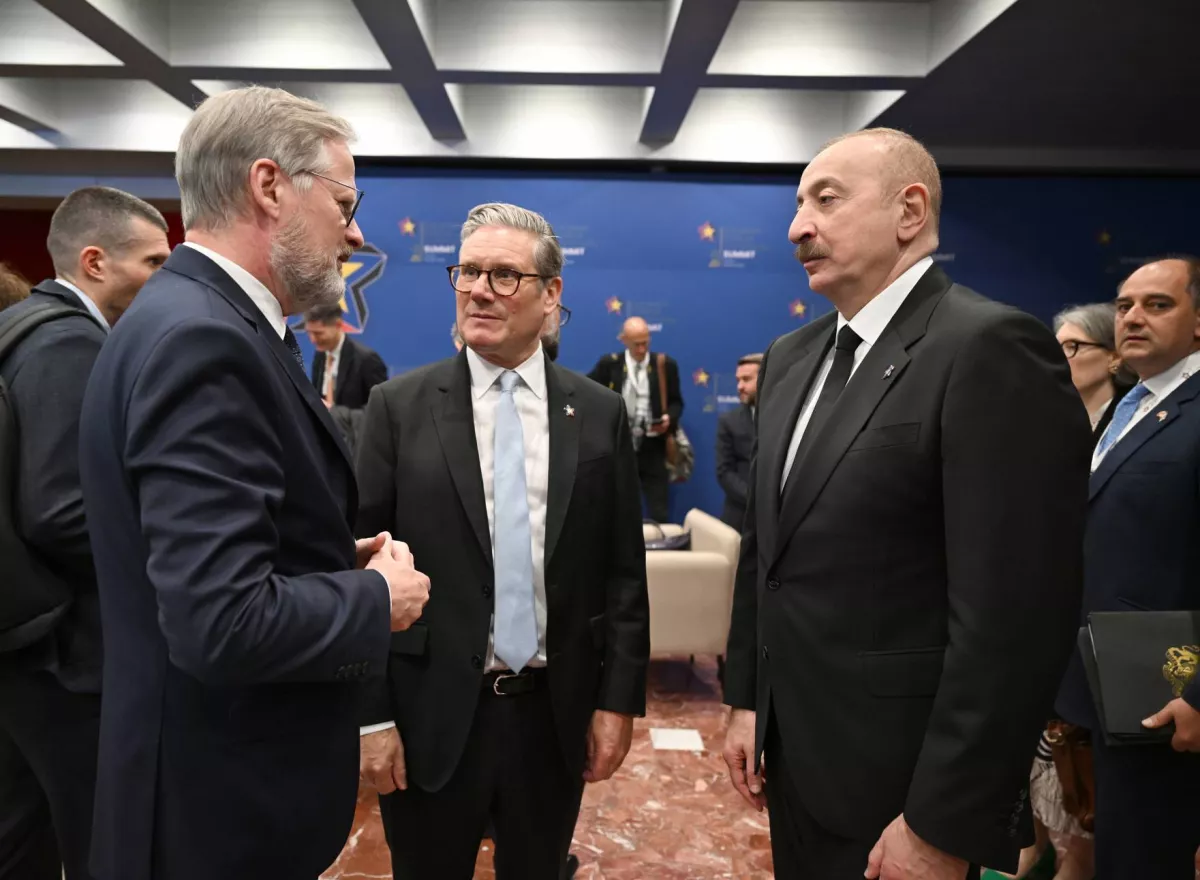
Naturally, President Ilham Aliyev also held a candid and wide-ranging conversation with the leader of brotherly Türkiye, President Recep Tayyip Erdoğan.
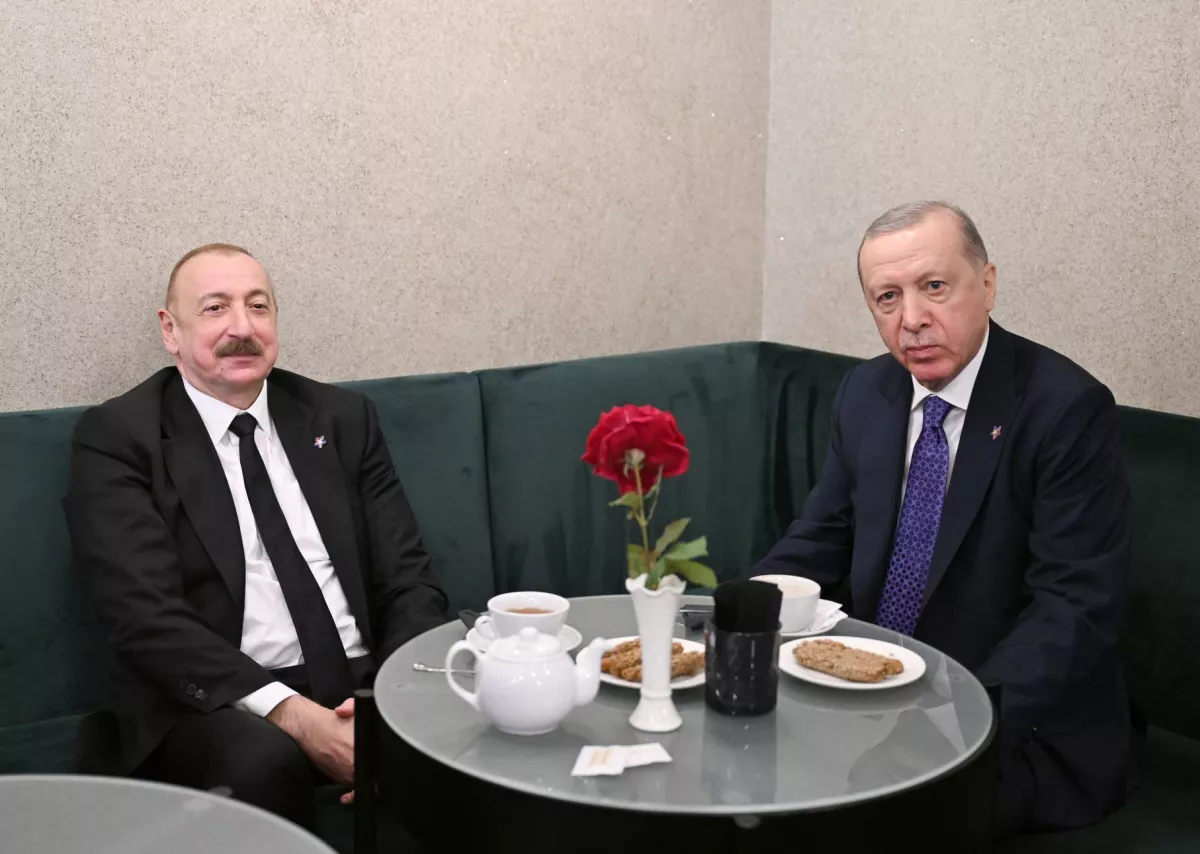
Thus, even in the immediate aftermath of the sixth EPC Summit, it becomes abundantly clear how strong the global standing of Azerbaijan and its leader is—today, at this moment, and looking into the future. This serves as a compelling example to the world of how a country, regardless of geopolitical turbulence, can not only maintain but also enhance its international reputation.
The key lies in transparency. In openness. In backing words with concrete actions. In the unwavering defence of national interests despite external pressure or blackmail. Add to that the confident articulation of policy through steps that do not harm third parties but, quite the opposite, seek to engage all interested actors in meaningful economic projects.
And above all, it is the constructive nature of the decisions taken—both domestically and internationally. This is Azerbaijan: a country undeterred in its commitment to the multi-vector foreign policy laid down by National Leader Heydar Aliyev.
True to this legacy, Baku views the Turkic world as a united family while maintaining a unique format of relations with China. Today, we are witnessing a renewed dynamism in Azerbaijan’s engagement with the broader Middle East.
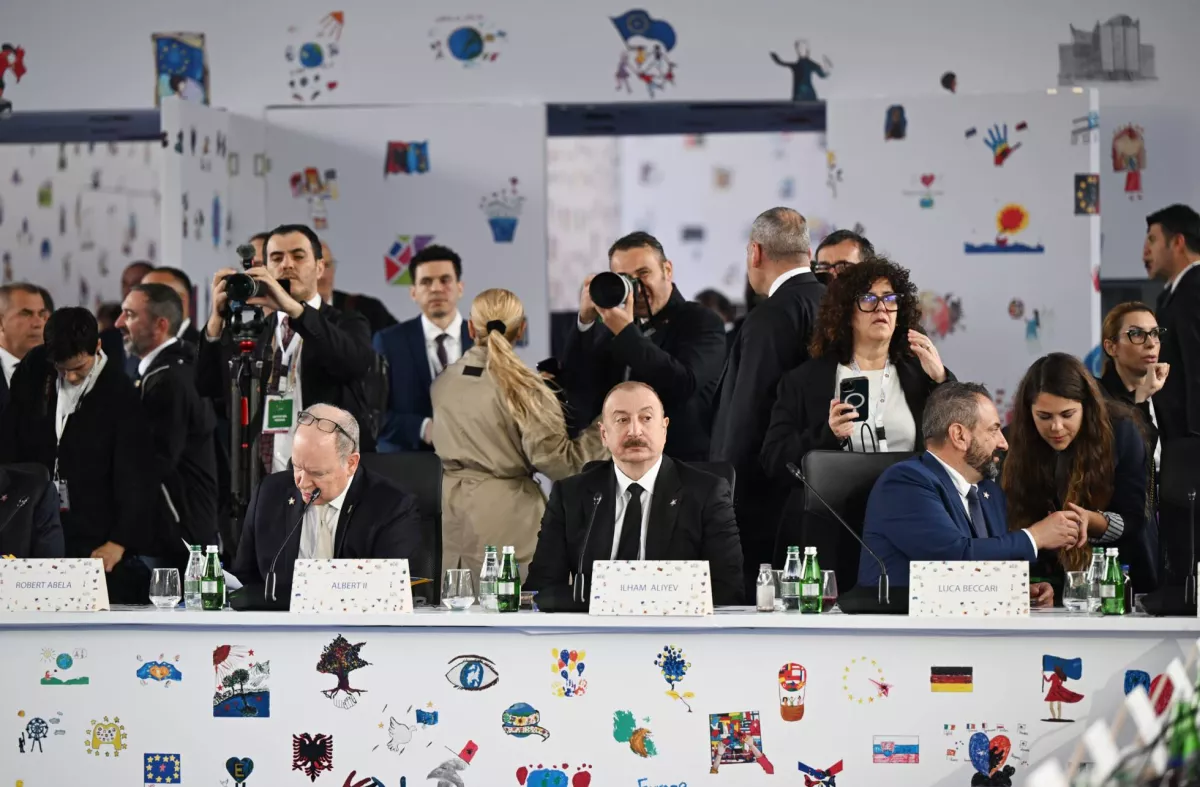
The sixth EPC Summit confidently reaffirmed that one of Baku’s key foreign policy priorities remains the Azerbaijan–European Union track. The diversification of this relationship reflects a significant dimension of Azerbaijan’s external strategy, positioning the country among the leading nations in the cohort commonly referred to today as “middle powers.”








